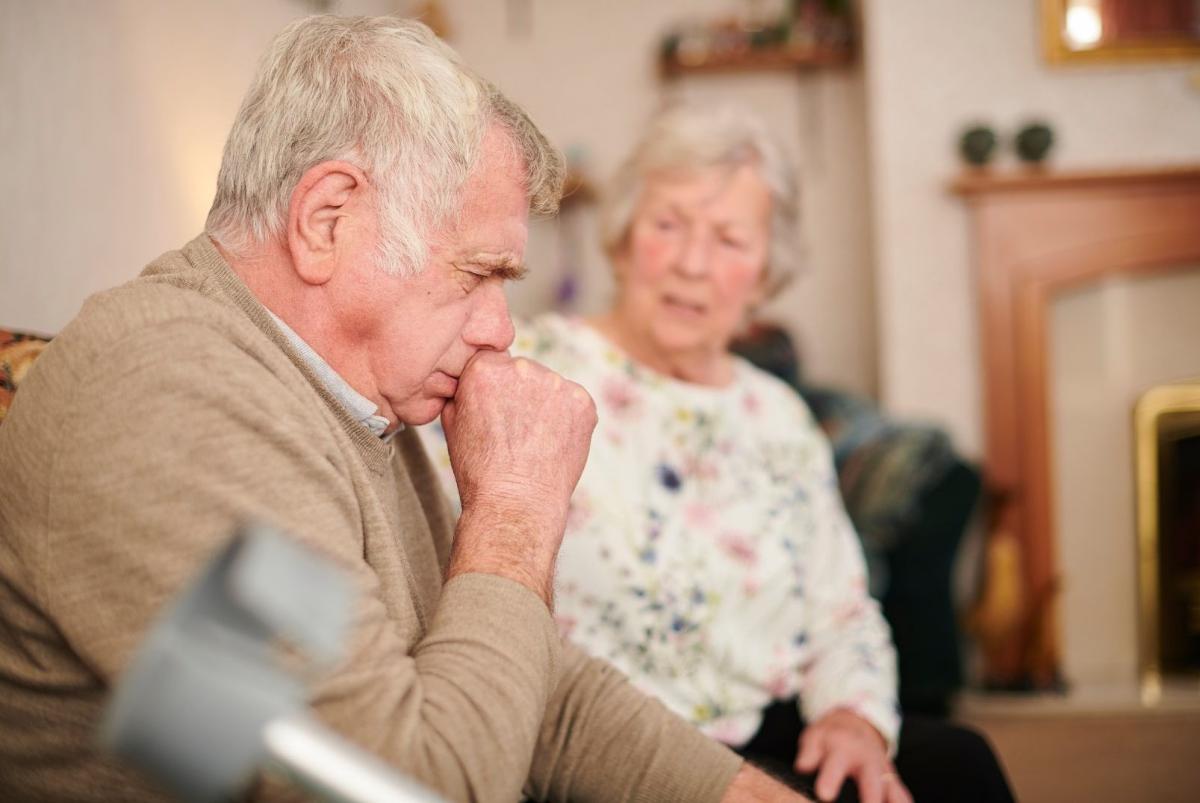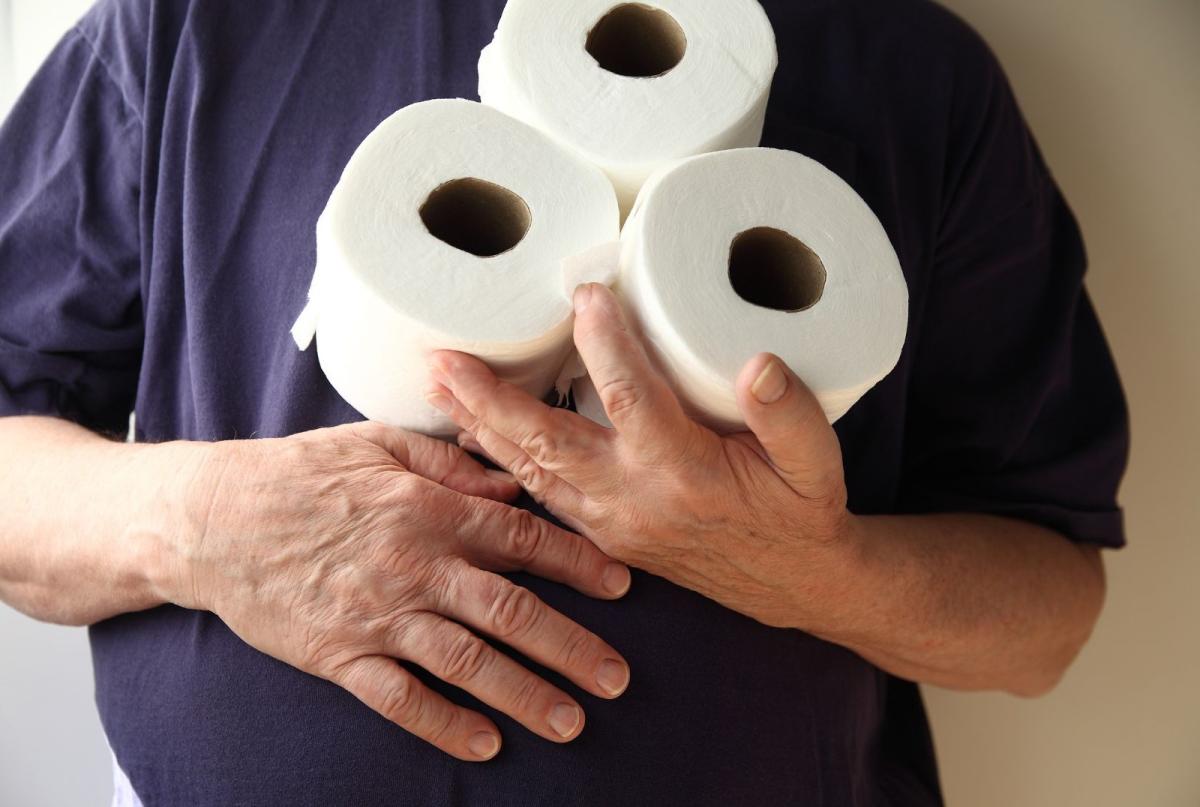Information for Residential Aged Care Facilities (RACF)
The Public Health Unit is notified of diseases which are listed under the Public Health Act 2010 and if associated with a residential aged care facility will assist in following up individual cases, clusters, and suspected outbreaks.
The latest advice for aged care services can be found on the NSW Health website.

When to contact the PHU

Acute Respiratory Illness (ARI) in a RACF

Gastroenteritis in a RACF

Immunisation in a RACF